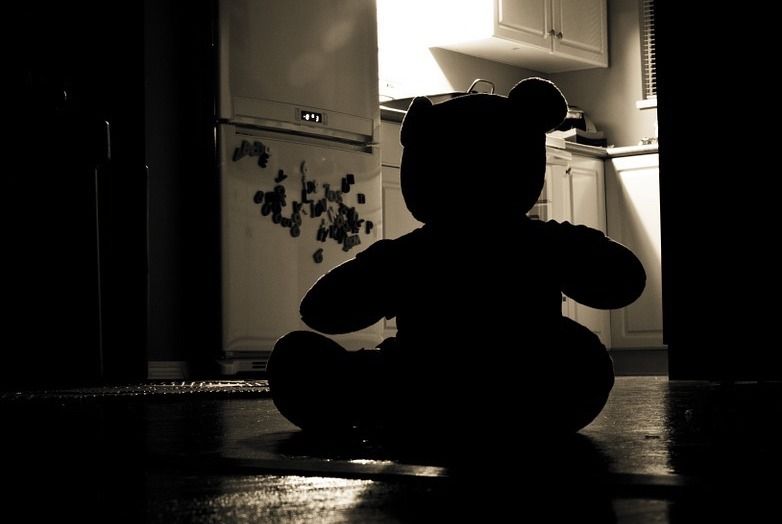

Siblings once described as the “most damaged” in Jersey following a decade of harrowing abuse in their family home after the Health Minister opted not to put them up for adoption as babies could receive over £100million each in compensation if the Royal Court agrees to what would be one of the largest personal injury pay-outs the UK has ever seen.
But the States of Jersey is set to argue that the siblings – now young adults in institutionalised care – should receive £14million between them in a major trial to be heard by Pamela Scriven QC over the next eight weeks.
Opening the case for the plaintiffs yesterday, Advocate David Benest – accompanied by Advocate Jeremy Heywood – explained how the anonymous pair were “smacked”, locked in their bedrooms, told they were “unloved and worthless” and sexually abused by an unknown amount of people throughout childhood.
They were finally removed from the “dangerous family system” and placed in care after nearly 10 years of “extreme” ill-treatment, but the experience “embedded” harm within them to the extent that it became “part of their identity” and led them both to struggle with highly violent and sexualised behaviour.
Suffering with “complex” PTSD, suicidal and bipolar tendencies, both are now set to live the rest of their days in specialist UK care, with the elder sibling currently sectioned under the Mental Health Act costing £250,000 annually, while the other remains in a “highly-supported” institutional environment at around £100,000 per year.
“These are children whose lives…are not ordinary ones. They have been transformed,” he told the Court, adding: “One of the issues which you will have to decide… is not just look at where they are now, but where they might have been.”
That loss of potential earnings, combined with care costs and compensation costs was valued at around £121million in the case of the older sibling and £117million for the latter – 12 and 28 times what the States of Jersey believe they should pay.
Although the States don't deny negligence in sending the children back into their "chaotic" family home instead of placing them in adoptive care aged three months - "a wee bairn" - and 26 months old in 1999, the sum is still hotly contested. Represented by Advocate Ingram, the States claim that the pair may have had the same outcome due to the fact that both have learning difficulties – an argument Advocate Benest dismissed as unevidenced. They also dispute the way in which the plaintiffs' suggested compensation sum has been calculated, having used a different system to estimate the cost of care and inflation over the siblings’ lifetime.
Neither sibling will appear in Court to give live evidence due to questions over their capacity, tendency to lash out violently, and the potential impact the trial would have on their wellbeing. However, Advocate Benest explained that a number of witnesses would be called, including medics, psychiatrists, past foster carers, social workers and lawyers who have previously worked with the pair, in order to "bring the plaintiffs [to the Court] in a more real way than any amount of paper can."
Beginning that process of "bring[ing] alive the problems" they have faced as a result of their "chaotic" upbringing, he provided "snapshots" of the pair's turbulent journey through several institutions and care placements since being sent to the UK, mentioning that some had claimed they "couldn't cope" with the elder sibling's "unpredictable" behaviour, which had manifested itself in verbal intimidation, assaults on staff and broken furniture.
On one occasion, the 20-year-old was found to have hidden a cutlery knife within a cuddly toy, later telling peers: "I'm going to kill you." The younger sibling showed a pattern of similar behaviour, leading a "frightened" carer to describe themselves as feeling like a "prisoner" in their company.
The case continues.
Comments
Comments on this story express the views of the commentator only, not Bailiwick Publishing. We are unable to guarantee the accuracy of any of those comments.